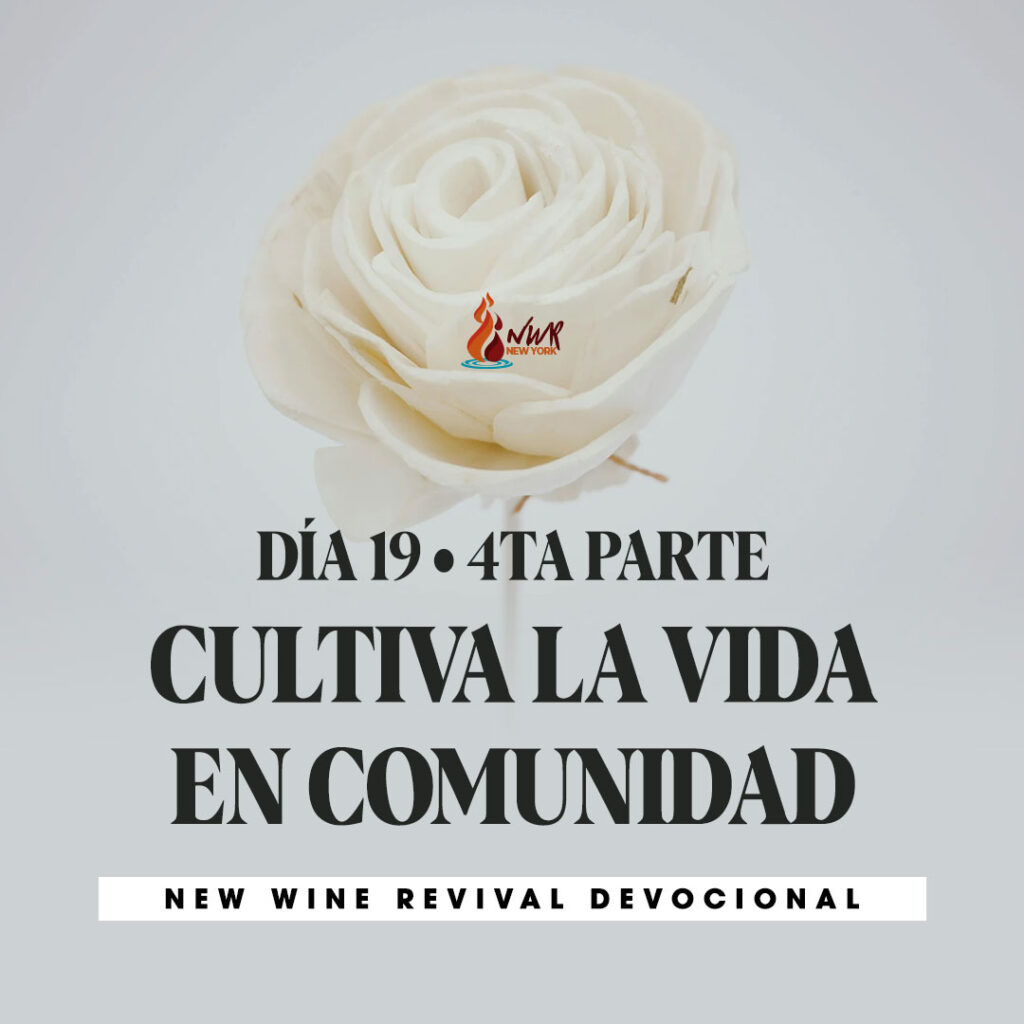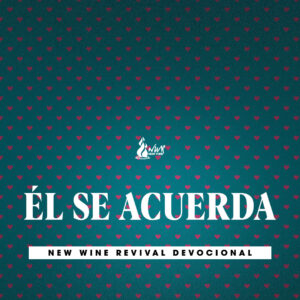
Revístanse todos de humildad en su trato mutuo, porque «Dios se opone a los orgullosos, pero da gracia a los humildes».
1 PEDRO 5:5 (NVI)
Una de las claves para la amabilidad es conocer los orígenes de una persona. Descubrir su historia. Cuando sepas lo que esa persona ha atravesado, serás más comprensivo. En lugar de pensar en lo que todavía tiene que aprender, pensarás en lo que ha progresado a pesar de todo.
Otro aspecto de la amabilidad consiste en no subestimar las dudas ajenas. El hecho de que no tengamos determinados temores no le quita validez a esos sentimientos. La comunidad verdadera se produce cuando la gente se siente suficientemente segura para poder expresar sus dudas y temores con la certeza de que no la juzgarán.
Cultivar la vida en comunidad requiere confidencialidad. Para que las personas sean sinceras y expresen sus más profundas penas, necesidades y errores, se requiere una condición: una atmósfera segura que las haga sentirse cálidamente aceptadas y donde puedan desahogarse con confianza. La confidencialidad no implica permanecer en silencio si nuestro hermano o hermana peca. Significa que lo que se expresa dentro del grupo no sale afuera de él, que el grupo tratará el asunto internamente y nadie saldrá a contar chismes.
Dios odia los chismes, sobre todo cuando se disfrazan superficialmente como «pedidos de oración» por parte de una persona. Él afirma: «El perverso provoca contiendas, y el chismoso divide a los buenos amigos».18 Los chismes provocan sufrimiento y divisiones, y destruyen la comunión. Dios es muy claro al respecto, ordenándonos que debemos enfrentar «al que cause divisiones».19 Estas personas pueden enojarse y abandonar el grupo o la iglesia cuando se les amonesta por sus acciones divisivas, pero el compañerismo de la iglesia es más importante que cualquier individualidad.
Reflexión: Cultivar la vida en comunidad requiere amabilidad.
Day 19 – Cultivating Community
Clothe yourselves with humility toward one another, because, “God opposes the proud but shows favor to the humble.” 1 PETER 5:5 (NIV)
One key to courtesy is to understand where people are coming from. Discover their history. When you know what they’ve been through, you will be more understanding. Instead of thinking about how far they still have to go, think about how far they have come in spite of their hurts.
Another part of courtesy is not downplaying other people’s doubts. Just because you don’t fear something doesn’t make it an invalid feeling. Real community happens when people know it is safe enough to share their doubts and fears without being judged.
Cultivating community takes confidentiality. Only in the safe environment of warm acceptance and trusted confidentiality will people open up and share their deepest hurts, needs, and mistakes. Confidentiality does not mean keeping silent while your brother or sister sins. It means that what is shared in your group needs to stay in your group, and the group needs to deal with it, not gossip to others about it.
The fellowship of the church is more important than any individual.
God hates gossip, especially when it is thinly disguised as a “prayer request” for someone else. God says, “Gossip is spread by wicked people; they stir up trouble and break up friendships.” Gossip always causes hurt and divisions, and it destroys fellowship, and God is very clear that we are to confront those who cause division among Christians. They may get mad and leave your group or church if you confront them about their divisive actions, but the fellowship of the church is more important than any individual.
Cultivating community takes frequency. You must have frequent, regular contact with your group in order to build genuine fellowship. Relationships take time. The Bible tells us, “Let us not give up the habit of meeting together, as some are doing. Instead, let us encourage one another.” We are to develop the habit of meeting together. A habit is something you do with frequency, not occasionally. You have to spend time with people — a lot of time — to build deep relationships. This is why fellowship is so shallow in many churches; we don’t spend enough time together, and the time we do spend is usually listening to one person speak.
Reflection:
Cultivating community takes courtesy.



